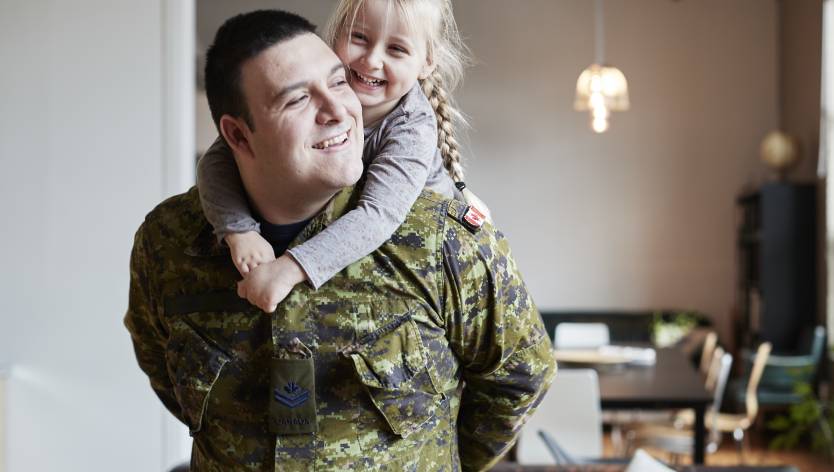Emotional cycle of deployment

Your community is currently set to . View landing page
CF One is the gateway to your best life.
Only CF One members get exclusive discounts and savings, earn rewards, and access personalized financial, fitness and wellness programs exclusive to the military community.
Become a CF One Member
Lorem ipsum dolor sit amet, consectetur adipisicing elit, sed do eiusmod tempor incididunt ut labore et dolore magna aliqua. Ut enim ad minim aniam, quis nostrud exercitation.
Register NowYour location has been set to Default . To display community-specific information, please select your location from the list below:
